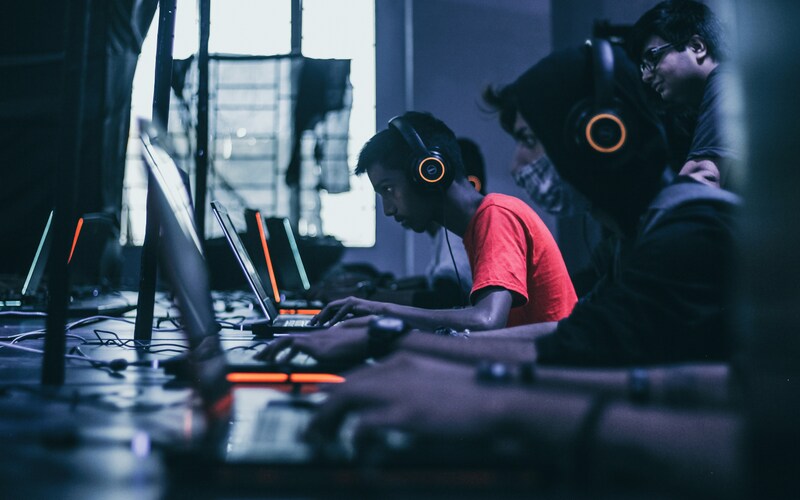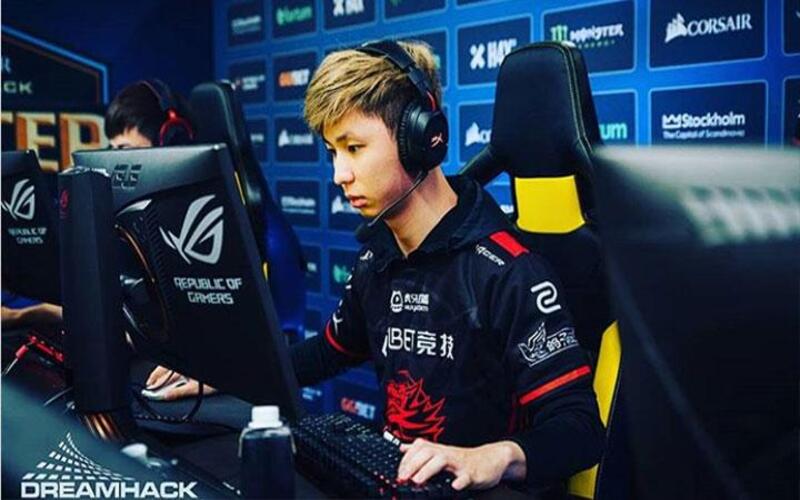
Game Localization Is a Stepping Stone to Entering the Indonesian Market
In recent years, the gaming industry has experienced extraordinary growth throughout the world, including in Indonesia. With a population of more than 270 million people, Indonesia offers huge market potential for game developers. However, to truly successfully penetrate this market, one of the key strategies that must be implemented is game localization.
What Is Game Localization?
Game localization is the process of adapting a game to suit the local culture, language, and preferences of players in a particular country or region. This not only includes translating in-game text but can also involve adapting visual content, audio, game mechanics, and even aspects of the story to suit local tastes and norms.
According to the Ministry of Communication and Information, the number of personal computer (PC) game players in the country in 2021 reached 53.4 million people, while the number of mobile game players reached 133.8 million. In line with the increasing number of game players, local game developers are increasingly enthusiastic about developing games, not only for the Indonesian market but also wanting to reach the global market.
Read More: Game Translation for Indonesian Gamers: Benefits and Challenges
Eva Muliawati, founder and CEO of PT Megaxus Infotech, stated that Megaxus currently has more than 25 million consumers. It offers various solutions, ranging from game publishing services for mobile, PC, console, and browser platforms, game development services for both idle and serious games, to game business process outsourcing (BPO) services.
In this case, it offers game publishing solutions, not only targeting the Indonesian market but also Southeast Asia and globally. According to her, Megaxus has the experience to help game developers who want to launch their newest works or game companies that are already established and want to expand their reach.
Why Is Localization Important?

Expanding Market Reach Localization allows games to be accessed by more players in different parts of the world. By adapting the game for the Indonesian market, developers can reach millions of new players who might not be interested in or able to enjoy the game in its original language.
Improve the User Experience
Players tend to enjoy and feel more engaged with games that are presented in their own language and that reflect their culture. Good localization can make players feel more appreciated and can increase their loyalty to the game.
Market Competition
As more and more games enter the global market, competition becomes very tight. Well-localized games have a competitive advantage over games that are only available in one language or that are not adapted for a specific market.
Challenges in Game Localization
While the benefits are clear, the game localization process is not without challenges. Some of these include:
Accurate and Contextual Translation
Translation in a gaming context not only requires accuracy but must also take into account cultural context and slang, which may differ from one language to another. Small translation errors can confuse or even offend players.
Content Customization
Some in-game elements may need to be changed or removed altogether to comply with local norms and regulations. For example, some symbols or cultural references that are considered normal in one country may not be accepted or even prohibited in another country.
Technical and Infrastructure
Localization also involves technical aspects, such as ensuring that the fonts used support local language characters or that translated text does not break the layout of the user interface.
Case Study
Successful examples of game localization in Indonesia can be seen in several popular games that have been adapted to the local market. For example, mobile games such as "Mobile Legends: Bang Bang" and "Free Fire" have undergone extensive localization for Indonesian players, including language translation and local events that suit Indonesian culture. As a result, these games have succeeded in gaining a large and very loyal player base in Indonesia. To achieve success in game localization in the Indonesian market, please consider several important steps that game developers need to follow:
Market Research
The first step is to understand the Indonesian market well. This involves research into player preferences, languages used, and local culture. This research can help developers determine what aspects of the game need to be localized.
Hire Professional Translators
Use professional translators who not only master the language but also have a deep understanding of the local culture. The translator must be able to capture the nuances of the original language and translate them appropriately into Indonesian.
Local Testing
Once a game is localized, it is important to test it with local players to ensure that the adaptations are truly appropriate and that no errors are overlooked. Local player feedback is very important at this stage.
Effective Marketing
An effective marketing strategy must also be adapted to the Indonesian market. This includes the use of social media platforms that are popular in Indonesia and collaboration with local influencers to promote the game.
Game localization not only benefits developers but also provides significant economic benefits for target countries such as Indonesia. With increasing interest and participation in gaming, there is huge potential for growth in related industries such as e-sports, merchandise sales, and job opportunities in the technology and creative sectors.
Apart from that, game localization can trigger the growth of the technology industry and startups in Indonesia. Many local companies can be involved in the localization process, from translation and local content development to marketing and distribution. This can create new jobs and encourage local economic growth.
In conclusion, game localization is an important strategy for entering the large and diverse Indonesian market. By understanding and respecting local culture and adapting according to player preferences, game developers can open up new opportunities and increase their success in international markets. The challenges in this process are not easy, but with the right approach and commitment to providing the best experience for players, game localization can be the key to success in the Indonesian market.
Through strategic steps such as market research, hiring professional translators, local testing, and effective marketing, developers can ensure that their games are not only accepted but also loved by players in Indonesia. As a result, they not only expanded their market reach but also contributed to the growth of the economy and gaming industry in Indonesia.
With the growing popularity of games in Indonesia, the opportunities for international game developers are getting bigger. Through appropriate and innovative localization, they can build strong relationships with local player communities, create relevant and attractive products, and support the development of the overall gaming industry in Indonesia.
If you need game localization services, especially in Indonesian, Digital Trans Asia will help you. With a team that is experienced in their field, we will be the best solution for developing your game in the wider world market. You can also consult with our team for free; we are ready to answer your questions.